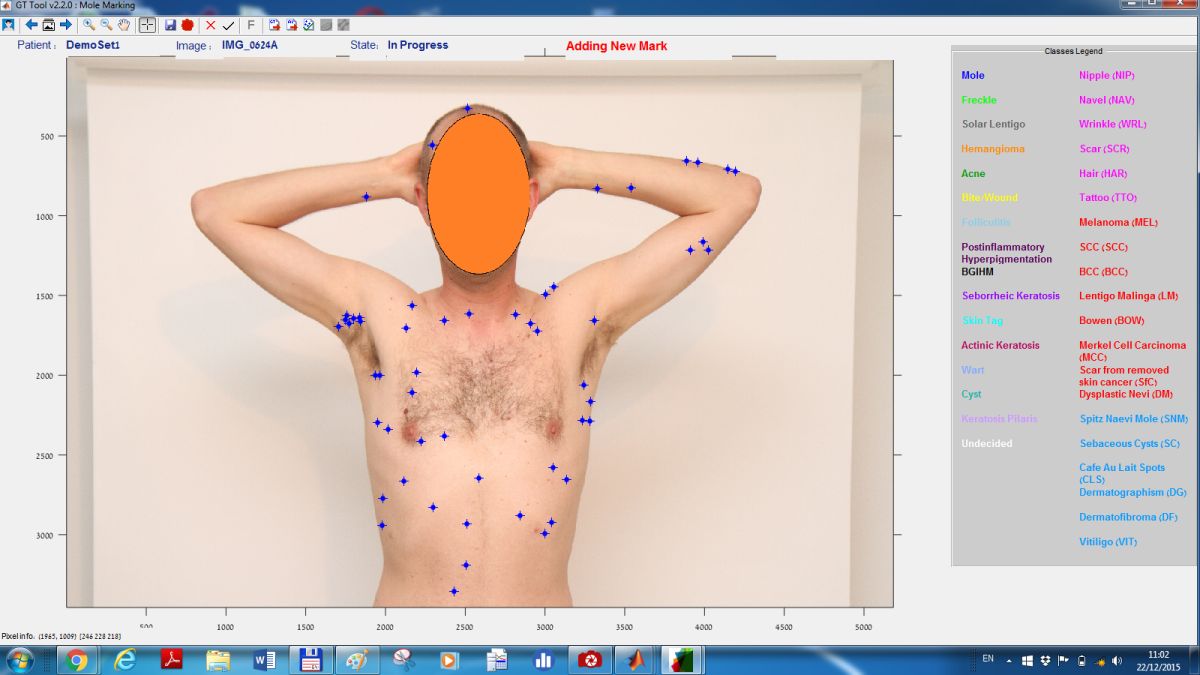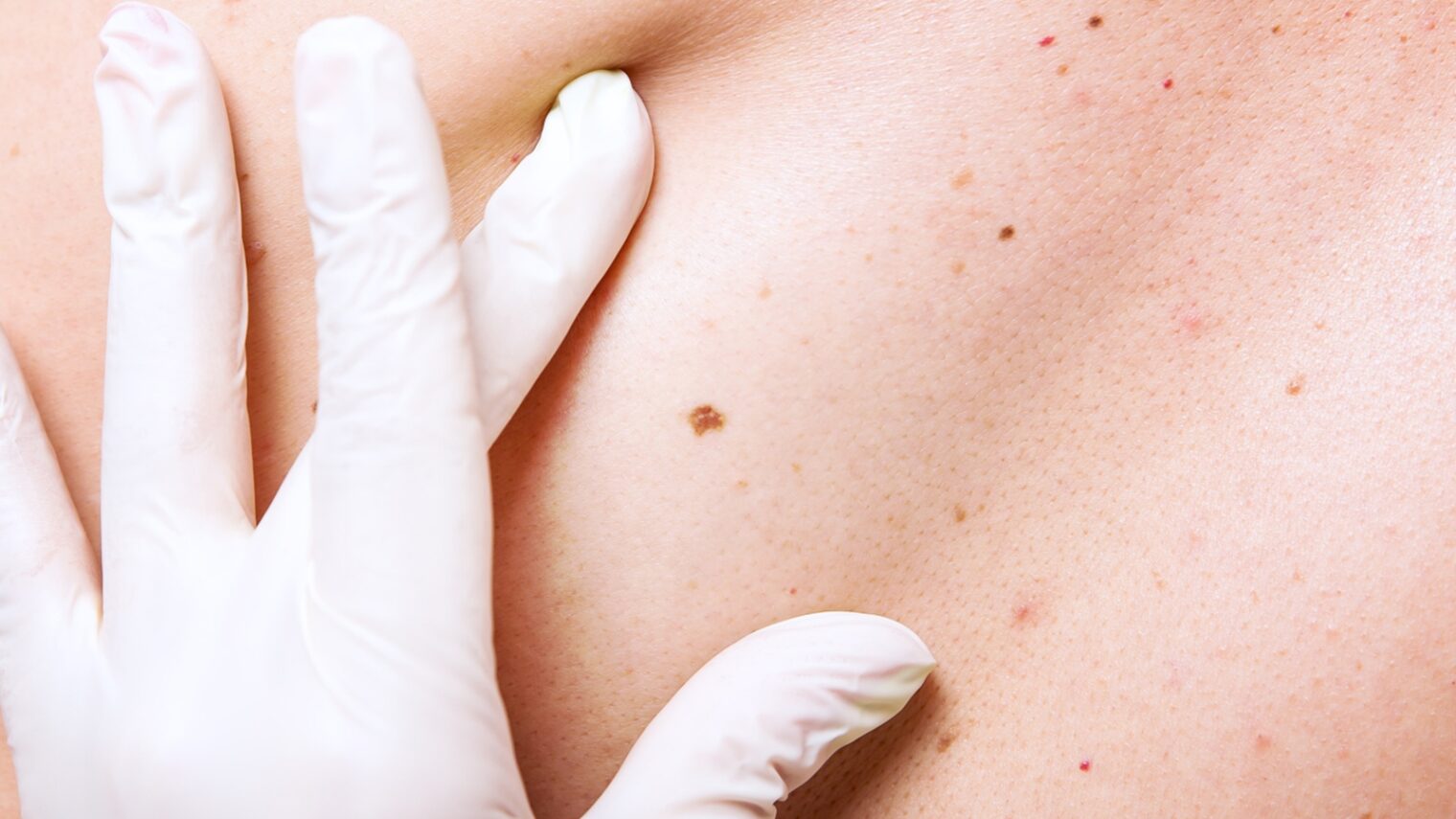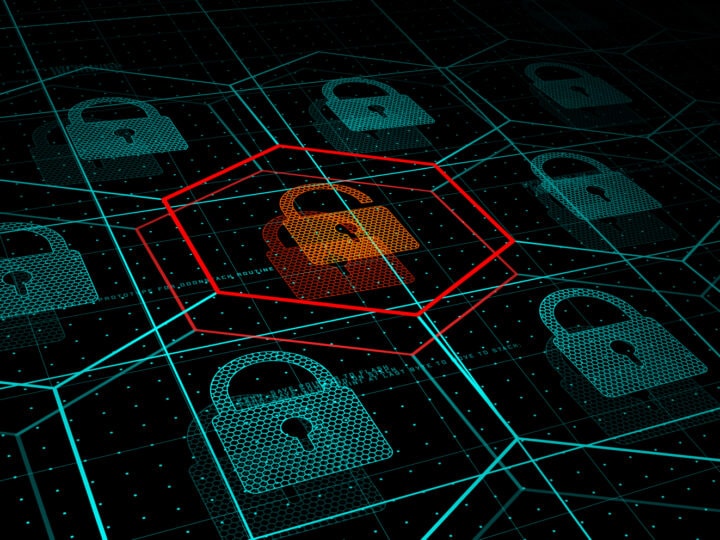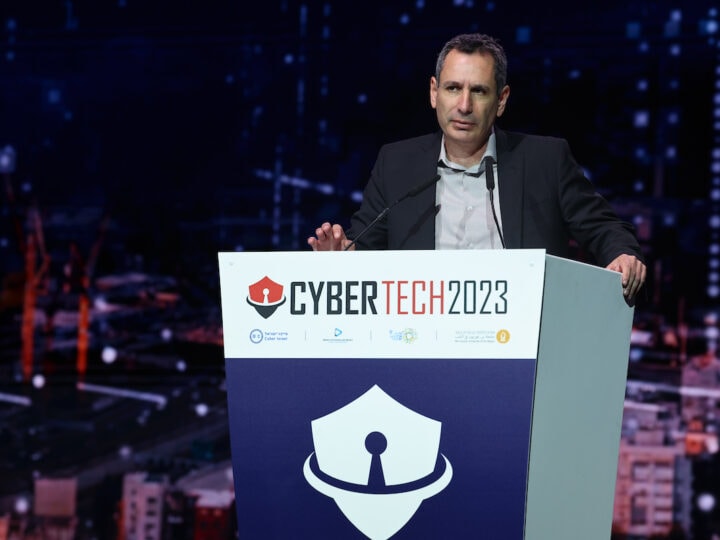Every child gets a vision and hearing check in school on a regular basis. Dr. Moshe Fried, an Israeli plastic surgeon, believes an annual skin check is necessary as well, starting in the teens.
This is why he agreed to be the medical consultant for Emerald Medical Applications’ DermaCompare, a free smartphone app that uses image processing and predictive analytics to detect changes in marks and moles over time. The app alerts the user to changes that ought to be screened for cancer.
“The skin is the biggest organ in the body,” says Fried. “The need for this comparative system came from the concept that as dermatologists and plastic surgeons we have to check everyone throughout life to look for changes in moles – the medical term is ‘nevi’ — for signs of skin cancer. This is quite difficult to do. We think that together with this application we can accomplish this goal.”
The public company, founded in Petah Tikva in 2013, has distribution agreements in Israel, Sweden, United Kingdom, Germany, Italy, Brazil, New Zealand and Australia (in Australia, one out of seven people get skin cancer). In April, the Brazil Chamber of Commerce selected DermaCompare as the Israeli technology “most likely to succeed in Brazil.”
A Spanish version of the app was recently launched for Puerto Rico, Mexico and Argentina, with more South American locations to come.
“There is no other product like ours,” Emerald founder and CEO Lior Wayn tells ISRAEL21c. “Our competitors use manual diagnostics and don’t use algorithms to compare images.
“This is a proprietary technology that we adapted from the Israeli Air Force, using aerial photos to track enemy moves. Our enemy is moles and we know how to track them.”
Last year, Wayn gave a TEDx Talk in Berlin about how he decided to adapt Israeli military technology into a lifesaving medical solution after his own father was diagnosed with melanoma, the most deadly form of skin cancer.
User-friendly
To use the free iOS or Android app, you strip down to your underwear and have someone take smartphone or digital camera photos of your moles and lesions according to instructions explained by a friendly avatar.
DermaCompare’s algorithm then analyzes the photos. If any suspicious moles or changes are found, the app recommends contacting a doctor for evaluation, and can automatically link you to a dermatologist near your location.
“The system knows how to distinguish between benign and malignant and tells us if there is a change that could be malignant,” says Fried. “The aim is to find melanoma in the earliest stages. This offers great advantages in terms of saving money and treatment time.”
Approximately 420 million people worldwide have a high risk of getting melanoma, particularly those with fair skin. Annual treatment expenditures for melanoma in the US alone total $8 billion.

Fried says that thousands of pictures of volunteers taken for the development of the DermaCompare app demonstrated that changes in moles could clearly be detected over the course of the three-year trial period.
He envisions everyone, starting in their teens, using the app at regular intervals to build a cloud-based medical file providing physicians with real-time data on skin history and changes. If a user is concerned about a particular spot, a photo can be transmitted directly to his or her dermatologist.
DermaCompare can also be used as a follow-up at home to professional total body photography, which more and more people are using for early detection of skin cancer.
The app harnesses the power of the crowd, Wayn explains. As users upload photos of their skin to the cloud, they are building a database toward more accurate identification and comparison of moles and lesions.
Machine learning and artificial intelligence can use this crowdsourced data to predict which kinds of moles are most likely to become cancerous, “and by using that we can prevent melanoma in advance,” says Wayn.
Emerald Medical, a 16-employee company that has raised about $2 million and now seeks another $2.5 million in a Series B round, intends DermaCompare as a tool to document changes in many skin conditions beyond moles and cancer.
“This is a screening device for anything on the body that you can track with images, such as acne, bedsores and psoriasis,” says Wayn.
The business model is a fee charged to the participating physician based on the particular country’s insurance scheme.
For more information, click here.
















